
Rh-Null Blood: The World’s Rarest Blood Type, Also Known as "Golden Blood"
Rh-Null Blood: The World’s Rarest Blood Type, Also Known as "Golden Blood"
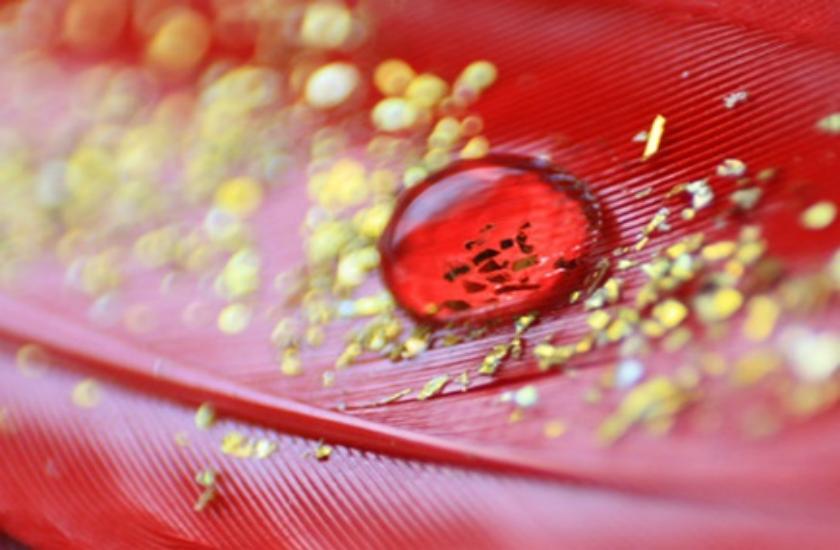
Most people are familiar with common blood types such as A, B, AB, and O. However, there exists an extraordinarily rare and medically significant blood type called Rh-null, often referred to as “golden blood.” What sets this type apart is its complete lack of Rh antigens — all 61 antigens in the Rh blood group system are absent, making it unique in the world of transfusion medicine.
What Is Rh-Null Blood?
Rh-null blood type is not just rare — it’s nearly nonexistent. First identified in 1961 in an Australian woman, only about 43 individuals worldwide have ever been recorded with this blood type. Of those, fewer than 10 are known to be active blood donors.
Unlike typical blood types that are categorized based on the presence or absence of specific antigens, Rh-null blood lacks every Rh antigen, which has significant implications for both donors and recipients.
Why Is Rh-Null Blood So Special — and So Dangerous?
Because Rh-null blood lacks all Rh antigens, it is considered universally compatible for people with other rare Rh blood disorders. In life-threatening situations where finding a compatible donor is nearly impossible, Rh-null blood can be a vital lifeline.
However, for those who have this blood type, the risks are substantial. People with Rh-null can only receive blood from another Rh-null donor, which makes emergency care, surgery, or injury treatment extremely dangerous. With such a small donor pool, accessing compatible blood is a serious challenge.
Health Risks for People With Rh-Null Blood
In addition to transfusion complications, Rh-null blood comes with biological challenges. Rh antigens play a structural role in maintaining the integrity of red blood cells. Without them, red blood cells become fragile and unstable, leading to their premature breakdown.
This fragility can cause hemolytic anemia, a condition marked by symptoms such as:
-
Chronic fatigue
-
Weakness
-
Jaundice (yellowing of the skin and eyes)
-
Shortness of breath
Genetic Rarity of the Golden Blood Type
Rh-null blood results from extremely rare genetic mutations. It does not follow predictable inheritance patterns, which makes it almost impossible to anticipate. Its rarity adds to its medical mystery — and its value.
Living with Rh-Null: Constant Caution Is a Must
Individuals with Rh-null blood must live with extreme caution. A minor injury for someone else could become a life-threatening emergency for them. Despite these risks, Rh-null donors are seen as heroes in the medical community, as their blood can save lives where no other blood can.
Conclusion: The Power and Risk of Rh-Null Blood
While Rh-null blood is often called the “golden blood type” due to its life-saving potential, it comes with high personal risk. It’s a reminder of how complex and delicate human biology can be — and why blood donation, especially from rare donors, is so crucial.
News in the same category


25-year-old woman explains condition that makes her ‘look like an 8-year-old’
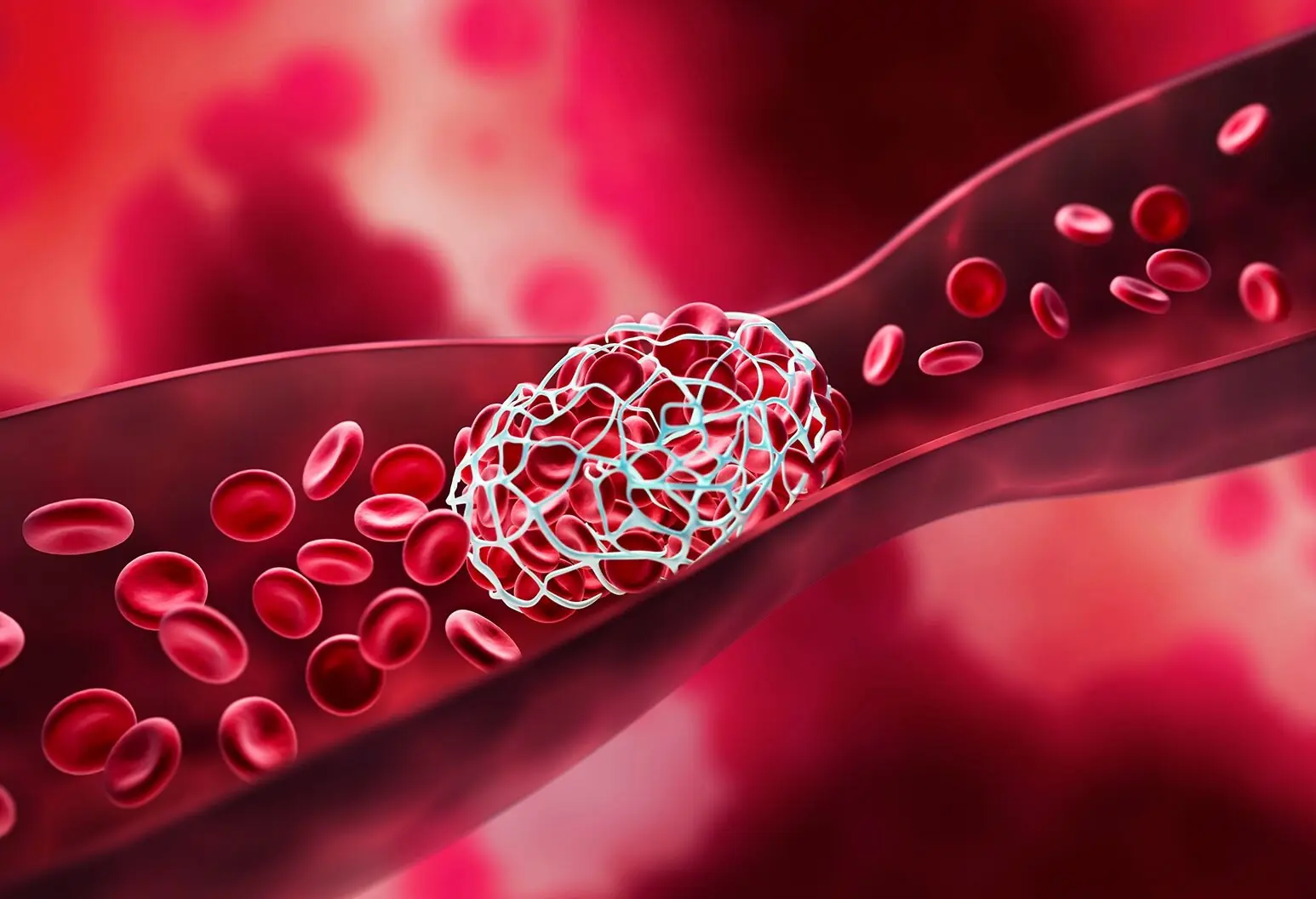
When There's a Blood Clot in the Body, It May Send You 4 Warning Signals You Shouldn't Ignore

Inside The 36-hour Fast: How Your Body Transforms Hour By Hour In Viral New Simulation

Eating Too Fast? Here’s Why Slowing Down Can Improve Digestion and Reduce Bloating

Why Letting a Baby “Cry It Out” May Be Harmful: What Science Says

Recognizing Mini-Stroke Symptoms: A Crucial Step in Stroke Prevention

Experts Reveal 3 Warning Signs of Lip and Nail Cancer You Shouldn’t Ignore

Doctor Warns About the Risks of Not Washing Your Hair Regularly
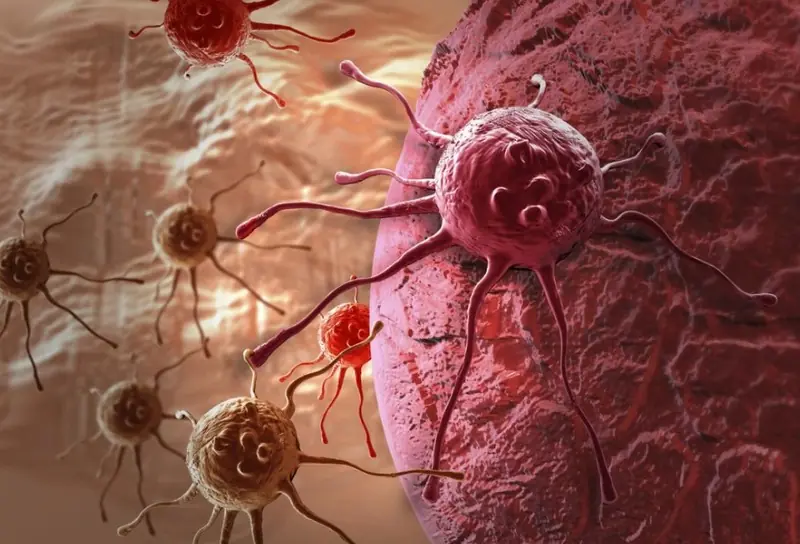
8 Foods That Are Natural Enemies of Tumors – Make Sure to Eat Them Regularly

Medical Experts Warn: 4 Early Morning Signs That Cancer Cells May Be Attacking Your Body
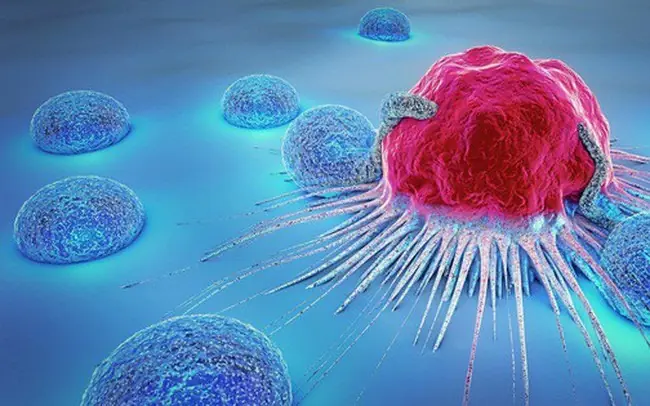
"On the Brink of Cancer: 5 Warning Signs Your Body Sends — Unusual Pain, Persistent Cough? See a Doctor Before It’s Too Late

Covid origin FINALLY revealed in bombshell study…and it might not have been China after all

Woman who dismissed symptom with back as 'injury' diagnosed with deadly rare cancer

'Healthy and active' woman, 30, diagnosed with cancer after doctor ignored subtle symptom

8 Powerful Foods to Naturally Cleanse and Detox Your Liver

Breakthrough Male Contraceptive Injection Offers Alternative to Condoms and Vasectomy

Scientists: 3 Days of Silence Is Enough to Rewire Your Brain
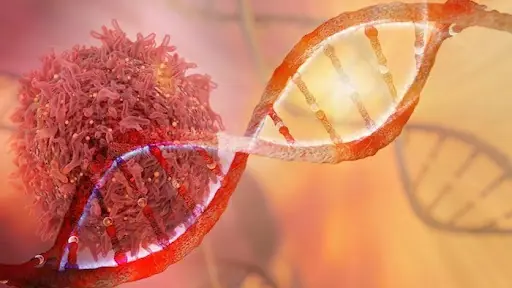
5 of the Best Anti-Cancer Foods — It’s Time to Start Adding Them to Your Diet
News Post

The Overview Effect: What Astronauts Realize After Seeing Earth from Space

5 Fruits Listed in the ‘Black Book’ That May Promote Cancer Cell Growth: Avoid Them No Matter How Cheap They Are

25-year-old woman explains condition that makes her ‘look like an 8-year-old’

When There's a Blood Clot in the Body, It May Send You 4 Warning Signals You Shouldn't Ignore

Ocean Currents Could Generate 2.5x More Power Than Wind Farms, Study Finds
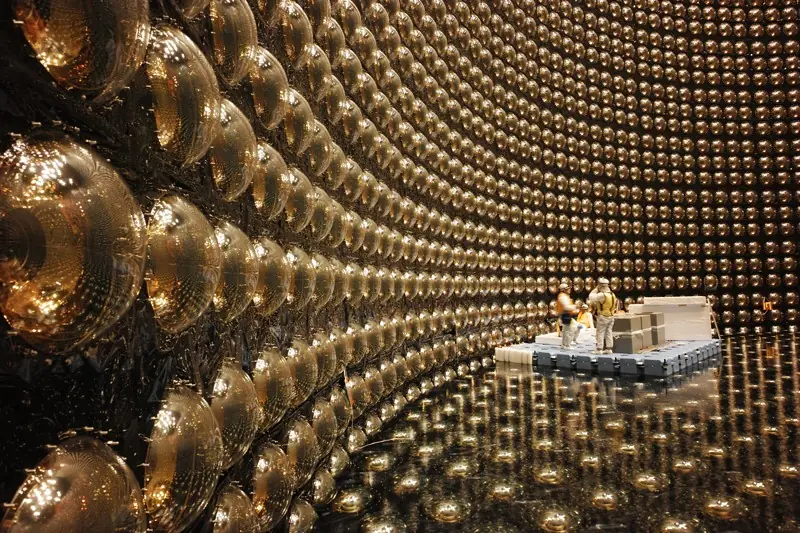
Inside Super-Kamiokande: The Japanese Neutrino Detector Unlocking the Secrets of the Universe

Inside The 36-hour Fast: How Your Body Transforms Hour By Hour In Viral New Simulation

9 Natural Ways to Remove Plaque & Tartar Buildup

The Incredible Benefits of Dates: A Nutrient-Packed Superfood

Rude Parents Demanded I Not Eat on the Plane Because Their Spoiled Kid 'Might Throw a Tantrum' – I Taught Them a Lesson Instead

Woman Sees Her Husband Enter Motel with Girl and Come Out an Hour Later Shabby

My MIL Sabotaged My Daughter's Dress Before a School Pageant because She Wasn't Her Bio Grandkid

My FIL Insisted I Go On a Spa Weekend He Paid For – Halfway There, My Neighbor Called Screaming, 'It Was All Their Plan! Go Back Now!'

My Stepmother Kicked Me Out Two Days After My Father Died – The Next Morning, a Bunch of SUVs Showed up in Front of Her House

China’s Futuristic Ocean Lab Dubbed ‘Underwater Space Station’ Could Be Ready By 2030

Eating Too Fast? Here’s Why Slowing Down Can Improve Digestion and Reduce Bloating
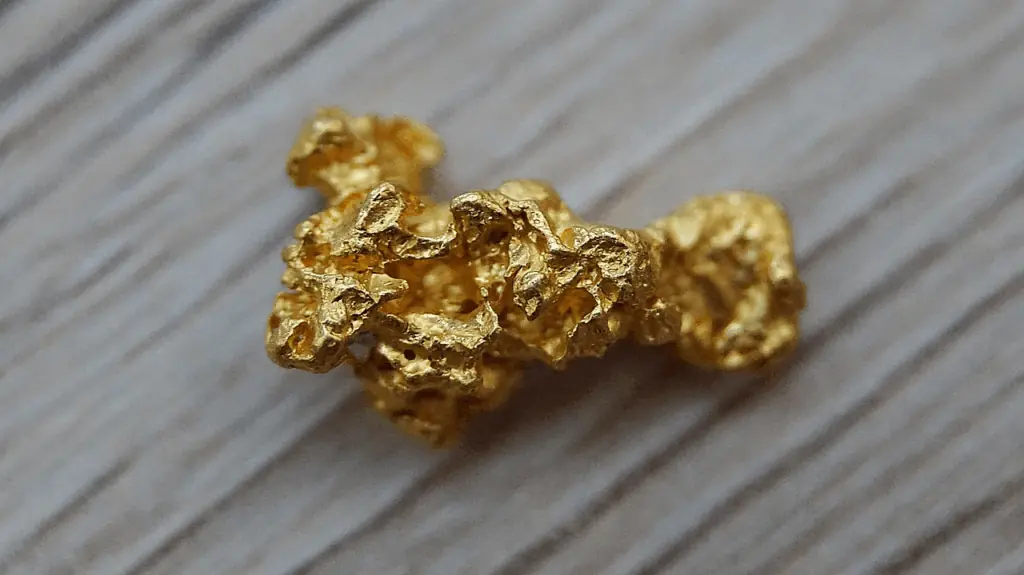
Scientists Shock World By Turning Lead Into Gold — But There’s A Catch

Why Letting a Baby “Cry It Out” May Be Harmful: What Science Says
